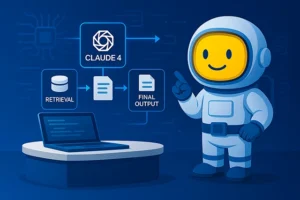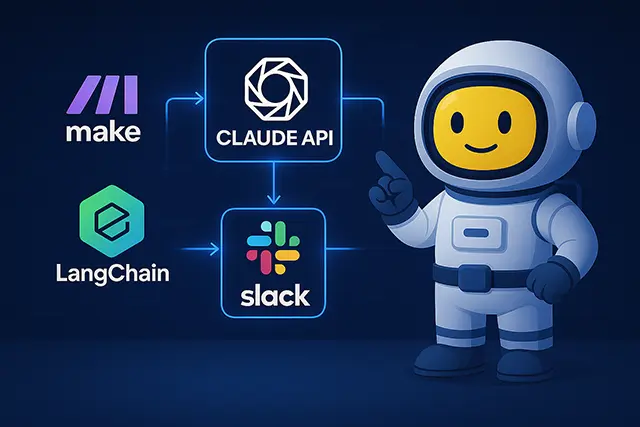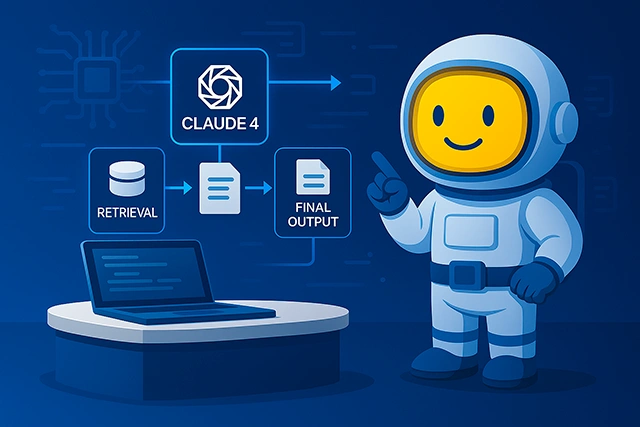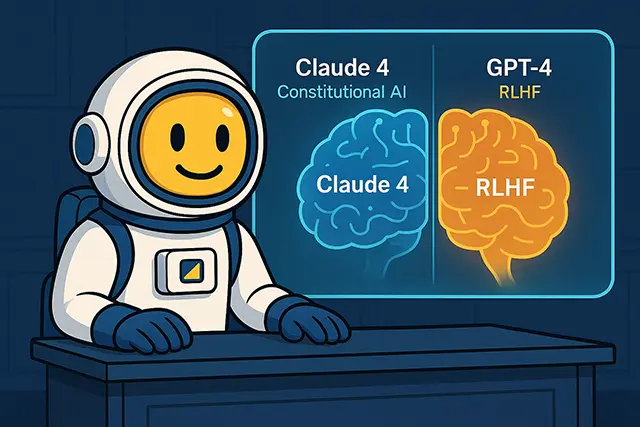The Future of Trading: How Quantum AI is Changing the Game
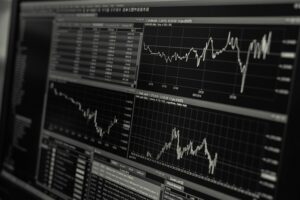
Technology has always played a crucial role in financial markets, from electronic trading platforms to high-frequency trading algorithms. Today, the latest innovations, particularly Artificial Intelligence (AI) and Quantum Computing, are reshaping the trading landscape. One of the most revolutionary advancements is Quantum AI, which merges quantum computing with artificial intelligence to enhance trading strategies. This article explores How Quantum AI is Changing the Game making markets more efficient, predictive, and profitable.
Table of Contents
The Expanding Role of Artificial Intelligence in Trading and Market Strategies
Artificial Intelligence has been a game-changer in the financial sector, significantly improving decision-making processes. AI-driven systems are now integral to trading, offering unprecedented speed, accuracy, and efficiency. These advancements enable traders to capitalize on real-time insights, automate trading strategies, and mitigate risks effectively. Below, we explore the key ways AI is revolutionizing the trading industry.
1. AI-Driven Algorithmic Trading for Market Efficiency and Speed
AI-powered algorithms analyze vast datasets to detect market patterns and execute trades at speeds that human traders cannot match. These algorithms leverage deep learning techniques to recognize trends, react instantly to fluctuations, and optimize trading strategies in real time. This has led to increased efficiency, reduced human error, and maximized profit potential for traders and financial institutions.
2. Advanced Sentiment Analysis Using AI for Market Predictions
Natural Language Processing (NLP) enables AI to analyze vast amounts of unstructured data, including financial reports, social media, and news articles. By interpreting sentiment from these sources, AI can help traders anticipate price movements and identify emerging market trends. This proactive approach provides a competitive advantage by allowing traders to act on public perception before price shifts occur.
3. AI-Based Risk Management for Smarter Investment Decisions
AI models assess risk by evaluating historical data, real-time market trends, and economic indicators. These models can quickly identify potential threats and market anomalies, helping traders mitigate losses and optimize their investment portfolios. AI-powered risk management systems also enhance fraud detection by spotting irregular trading patterns and suspicious transactions.
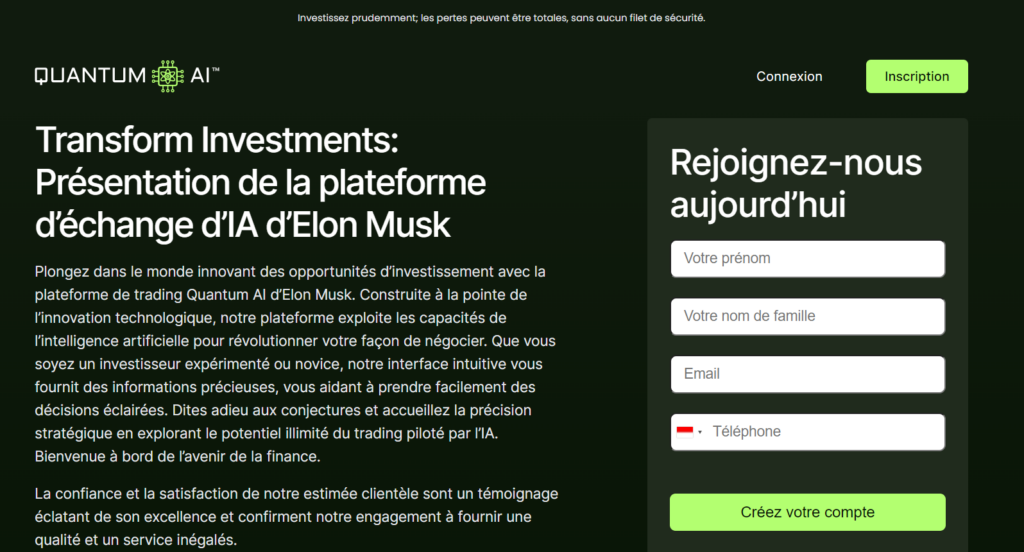
What is Quantum AI and How Quantum AI is Changing the Game
AI is an emerging field that integrates quantum computing with artificial intelligence to enhance computational efficiency and decision-making in trading. Unlike classical computers, quantum computers operate on qubits, allowing them to perform multiple calculations simultaneously and solve complex financial problems faster than traditional systems. This powerful synergy between AI and quantum computing is poised to revolutionize the way financial markets operate by providing deeper insights, faster computations, and improved accuracy in forecasting market trends.
Key Benefits of Quantum AI in Financial Trading and Investment Strategies
1. Enhanced Predictive Analytics for More Accurate Market Forecasts
AI enhances predictive modeling by processing vast amounts of market data in real time. This improved analysis allows traders to forecast stock movements, economic trends, and financial market behavior with higher accuracy, enabling more informed decision-making.
2. Simultaneous Evaluation and Optimization of Trading Strategies
Quantum computing enables traders to evaluate multiple market scenarios simultaneously. This ability allows for the optimization of trading strategies by considering probabilities, risk factors, and possible market fluctuations, leading to improved investment outcomes.
3. Ultra-Fast Data Processing to Capture Market Opportunities Instantly
Quantum can process enormous datasets exponentially faster than traditional AI, giving traders a significant advantage in executing trades instantly and reacting swiftly to changing market conditions. This real-time processing ensures traders never miss valuable opportunities.
4. Sophisticated Portfolio Management with Quantum-Powered Analysis
By analyzing vast combinations of assets simultaneously, AI helps investors construct more balanced and diversified portfolios. This ensures better risk-adjusted returns and a more stable long-term investment approach.
For more insights into AI-powered trading, visit elonmuskaitrading.com.
Real-World Applications of Quantum AI in Global Trading Markets
Several financial institutions, hedge funds, and investment firms are already exploring Quantum AI to optimize trading strategies. Below, we highlight some of the most prominent real-world applications of this technology.
1. High-Frequency Trading (HFT) Enhanced by Quantum AI for Greater Efficiency
Firms leveraging AI can execute thousands of trades per second, capitalizing on even the smallest price discrepancies before competitors can react. AI’s ability to process vast amounts of data instantaneously makes it a powerful tool in HFT strategies.
2. Quantum AI for Risk Mitigation in Derivatives and Complex Financial Products
The financial market often involves highly complex derivative products that require advanced risk assessment. Quantum AI helps analysts assess risks associated with these instruments by considering a broader set of variables, leading to more accurate risk-adjusted returns.
3. Quantum AI-Powered Analysis of Cryptocurrency Markets for Smarter Trading
Cryptocurrency markets are known for their extreme volatility. Quantum AI enhances trading strategies by analyzing real-time blockchain transactions, social sentiment data, and crypto market trends. This allows traders to make more informed decisions and maximize returns in the digital asset space.
Challenges and Limitations of Implementing Quantum AI in Financial Trading
Despite its transformative potential, Quantum AI faces several challenges that must be addressed before widespread adoption can occur.
- High Cost of Quantum Computing Infrastructure: Quantum computers are highly expensive and require specialized environments for operation, limiting their accessibility to large financial institutions.
- Limited Commercial Availability of Quantum Computing Resources: The field of quantum computing is still in its infancy, and only a handful of organizations currently have access to fully functional quantum processors.
- Complex Algorithm Development and Adaptation Challenges: Adapting existing AI models to run on quantum computing platforms requires extensive research, expertise, and time, making it an ongoing challenge for developers and financial analysts.
The Future of Quantum AI in Trading: Emerging Trends and Predictions
As quantum computing technology advances, Quantum AI is expected to become more accessible and practical for financial markets. Experts predict that within the next decade, Quantum AI will revolutionize trading strategies, improve market efficiency, and reduce vulnerability to market manipulation. Innovations in quantum hardware and algorithm development will likely accelerate the adoption of Quantum AI across global trading markets, making it an indispensable tool for investors and financial institutions alike.
Conclusion
Modern technologies, especially Quantum AI, are redefining the trading industry. With its ability to process complex datasets rapidly, optimize trading strategies, and enhance decision-making, Quantum AI offers a significant competitive edge in financial markets. While challenges remain, continuous advancements in AI and quantum computing suggest a future where AI-powered quantum trading will dominate financial markets, making them more efficient, transparent, and profitable.


